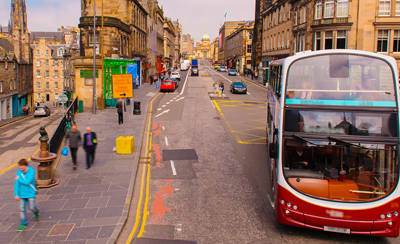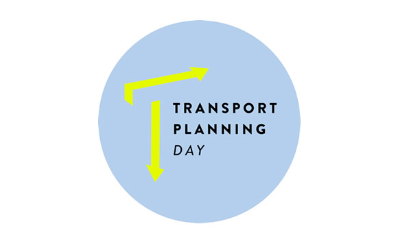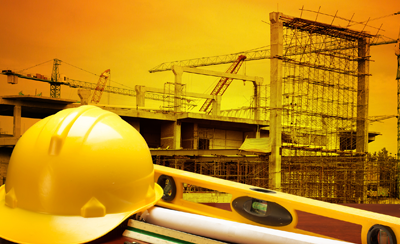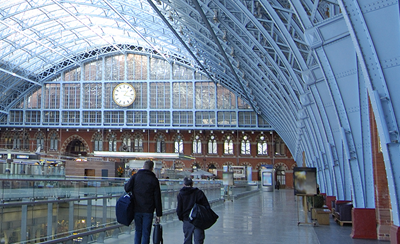For well in excess of 30 years we have understood the close relationship between the location of development and the way people travel. We have also been aware of the importance of “minimising the need to travel” and “increasing the use of sustainable modes of travel”. But look at the reality of what has been happening during that time – for example, the growth of new housing estates remote from services, the decline in walking to school and the demise of many bus services. New housing developments are frequently car dominated and people have little choice but to use a car as evidenced in the Transport for New Homes report 2018.
So if we know the rationale why we are not achieving the change? What can be done to ensure we do and NOW? Time is running out for impacting now on key issues like climate change, and the health impacts of transport as it will not be practical to retrofit recent and new developments.
Knowing what to do, and how, is part of the solution but it is considerably more difficult to ensure action across the board. The Chartered Institute of Highways and Transport together with the Transport Planning Society, the Royal Town Planning Institute, and representatives from academia, the private sector and local authorities have come together to produce new advice on the effective integration of planning and transport in the context of the National Planning Policy Framework. So that is the “what” and the “how”. It highlights the critical importance of choosing the right location; being explicit about accessibility levels and sustainable transport networks; of working collaboratively especially with transport bodies and operators from the start and throughout; of integrating transport strategy into the local plan; and of planning for the future not the past by using “objective-led transport assessments” not “predict and provide”. The Advice will be published this month.
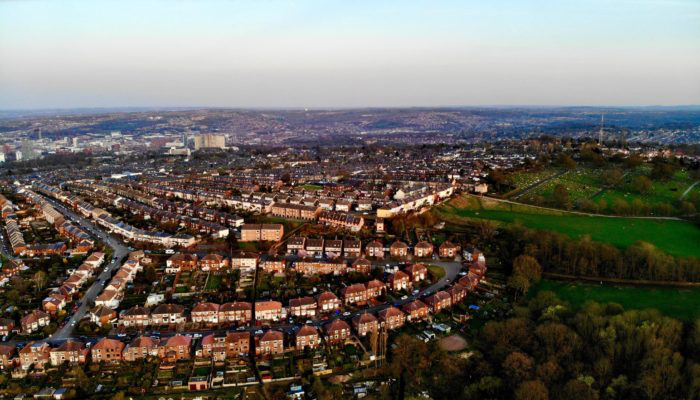
The focus now needs to move to how we ensure everyone works to the Advice. This is far from straightforward given the complexity of the development process and the issues. The scale and range of parties key to resolving the current barriers is considerable – national and local government, different professionals, politicians at all levels, the community in many areas – and each will respond differently and need a different approach to convince them of the need for change. There is a need for simultaneous action for change across all the barriers if the paradigm shift required is to be delivered. Given previous experience how on earth can this be done?
Apart from conferences, lectures, further documentation, what we need is to impact on the hearts and minds of all parties. Society, professionals and politicians need a “plastic” moment! Within what seems like days society’s approach to plastic has been revolutionised. Is it possible to engender the same reaction around transport? The adverse impacts of transport may be less visible and abhorrent than a shark strangled by plastic. Maybe we have become too accustomed and complacent about them, but they are equally important to our future and that of the planet.
The messaging from Government and senior politicians is critical, as is as the policy context within which such developments sit. But so is the professional stand each and everyone of us has to take in devising, assessing, permitting, and developing new housing areas (and other developments). There is a tendency to believe the problem lies elsewhere and blame others for the current situation, and that can inhibit the individual from taking action. But unless we all accept our own responsibilities for improving the situation, nothing will change. And we all need to spread the message at every opportunity.
Let us all, professionals and politicians, stand up and be counted and not shy away from doing what is needed to make development and transport part of the solution and no longer part of the problem.
About the Author
This post was written by Lynda Addison. Lynda is Past Chair of TPS and a current TPS Board Member. She is also Chair of the Sustainable Transport Panel of CIHT
Web design by Tribal Systems

